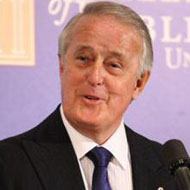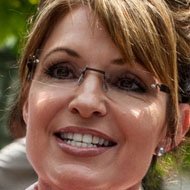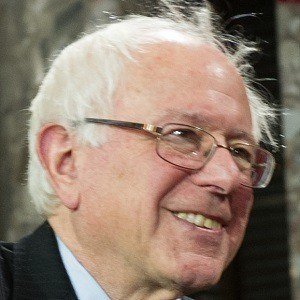
| Born | John James Charest, June 24, 1958, Sherbrooke, Quebec, Canada |
| Political party | Conservative (Federal), Quebec Liberal Party (Provincial) |
| Other political affiliations | Progressive Conservative Party of Canada (before 2003) |
| Residence | Montreal, Quebec, Canada |
| Alma mater | Université de Sherbrooke |
| Preceded by | Don Mazankowski |
| Succeeded by | Sheila Copps |
About Jean Charest
Politician Jean Charest was born on June 24, 1958 in Canada (He's 67 years old now).
Deputy Prime Minister of Canada in the early 1990s and Premier of Quebec in the first decade of the 2000s, both as a member of the Quebec Liberal Party.
All info about Jean Charest can be found here. This article will clarify all information about Jean Charest: birthday, bio, ability, personality type, family, husband, siblings and drama...
Jean Charest before becoming famous
Jean Charest was born in the Zodiac sign Cancer (The Crab), and 1958 is the year of the Chinese Zodiac Dog (狗).
In the early 1980s, he graduated from the Université de Sherbrooke and began practicing law in Quebec.
Achievement of Jean Charest
He was a member of the Progressive Conservative Party in the Canadian Parliament during his time there, but afterwards switched to the Quebec Liberal Party.
Jean Charest's Family, Spouse, Dating and Relationship
He was born into an Irish and French family in Sherbrooke, Quebec. In 1980, he married Michèle Dionne, with whom he had two daughters and one son.
Jean Charest Collabed with
He was a member of Prime Minister Politician Brian Mulroney's Progressive Conservative Party Cabinet while he was in his late twenties.
Jean Charest Income & Net worth
Jean Charest's income mainly comes from the work that created his reputation: a politician. Information about his net worth in 2026 is being updated as soon as possible by allfamous.org, you can contact to tell us Net Worth of the Jean Charest.
Jean Charest Height and Weight
How tall is Jean Charest? Information about Jean Charest height in 2026 is being updated as soon as possible by AllFamous.org. Or you can contact us to let us know how tall of Jean Charest.
People also ask about Jean Charest
What is Jean Charest's real name?
When is Jean Charest's birthday?
How old is Jean Charest?
Where is Jean Charest from?
When was Jean Charest born?
Reference: Wikipedia, Tiktok, Youtube, Instagram and Twitter.
Latest information about Jean Charest updated on March 18 2023.
























